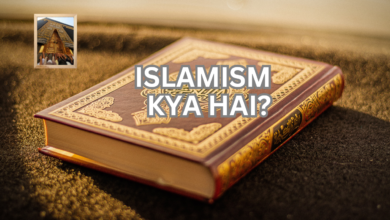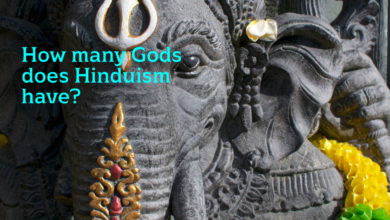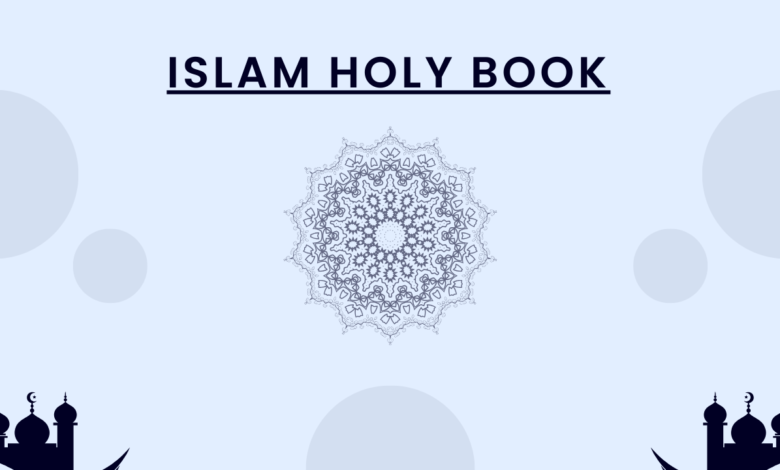
Islam Holy Book
The Holy Quran, often referred to simply as the Quran, is the sacred text of Islam. Muslims believe it to be the literal word of God as revealed to the Prophet Muhammad.
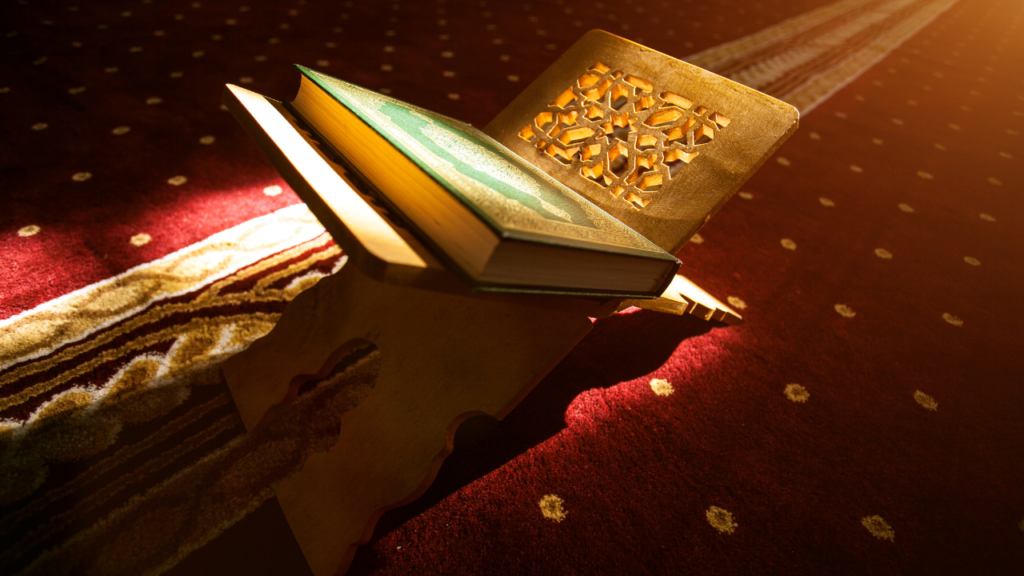
Introduction
The Holy Quran, often referred to simply as the Quran, holds a central and revered position in the Islamic faith. As the foundational religious text of Islam, it is considered by Muslims to be the literal word of God as revealed to the Prophet Muhammad over a span of approximately 23 years. This article explores the significance, structure, and teachings of the Quran, shedding light on its profound impact on the lives of over a billion believers worldwide.
Revelation and Compilation
The Quran is believed to be the culmination of God’s guidance to humanity, revealed in stages to the Prophet Muhammad by the archangel Gabriel. The revelations began in the year 610 CE when Muhammad, a humble merchant in Mecca, received the first verses during his meditations in the cave of Hira. These revelations continued until his death in 632 CE.
The Quran was not compiled in a single volume during the lifetime of the Prophet; instead, it was preserved in the memories of his companions and written down on various materials, such as palm leaves and animal skins. After Muhammad’s death, Caliph Abu Bakr initiated the process of collecting and compiling the Quranic verses into a single written text to ensure its preservation.
The Quranic text was standardized under the third Caliph, Uthman ibn Affan, who ordered copies of the Quran to be distributed throughout the Islamic empire. This process aimed to prevent any discrepancies or variations in the text and has been remarkably successful, as the Quran remains unchanged to this day.
Also check.
- Why did Islam Spread So Quickly?
- Why Does Allah Test Us?
- What is Gambling in Islam?
- What is Interest in Islam?
- Who Wrote the Quran?
Structure and Language
The Quran is divided into 114 chapters, known as “surahs,” which vary in length. Surahs are further divided into verses, referred to as “ayahs.” While some surahs are relatively short and concise, others are lengthy and comprehensive. The Quranic text is written in Arabic, and the original Arabic version is considered the most authentic. Translations into numerous languages exist to make the Quran’s teachings accessible to a global audience.
The Quranic Arabic is characterized by its eloquence and linguistic precision. Its rhythmic prose, known as “saj‘ or “rhymed prose,” is a distinctive feature that adds to its beauty and memorability. It is said that the Quran’s unique style cannot be replicated, which serves as a testament to its divine origin.
Guidance for Life
The Quran serves as both a spiritual and legal guide for Muslims, covering a wide range of topics, including theology, morality, family, social justice, and governance. It provides guidance on how Muslims should conduct themselves in all aspects of life, emphasizing principles of justice, compassion, and submission to God’s will.
The Quran also addresses theological questions, such as the nature of God, the purpose of life, and the afterlife. It affirms the belief in the oneness of God (Tawhid) and the prophethood of Muhammad, while also recognizing earlier prophets, such as Abraham, Moses, and Jesus, as messengers of God.
Moreover, the Quran contains many parables, stories, and historical accounts, often drawing lessons from the experiences of past nations and individuals. These narratives provide moral and ethical guidance to believers, encouraging them to reflect on their own actions and choices.
Memorization and Recitation
One of the most remarkable aspects of the Quran is the tradition of memorization and recitation. Many Muslims around the world commit the entire Quran to memory, earning the title of “Hafiz” or “Hafiza.” This practice has been a cornerstone of Islamic culture for centuries, and it ensures the preservation of the Quran in its original language.
The Quran is also frequently recited in prayers and during various religious ceremonies. The rhythmic and melodious recitation, known as “Tajweed,” adds to the spiritual experience and is considered an art form in itself. Renowned Quranic reciters, or Qaris, are highly respected within the Muslim community.
Conclusion
The Holy Quran stands as a timeless and profound testament to the faith and practice of Islam. It is more than a book; it is the living word of God, offering guidance, wisdom, and solace to Muslims worldwide. Its teachings continue to shape the lives of believers, providing a moral and spiritual compass in an ever-changing world. Through its eloquent prose, ethical principles, and stories of human struggle and triumph, the Quran remains a source of inspiration and devotion for over a billion people who seek to live in accordance with its divine message.
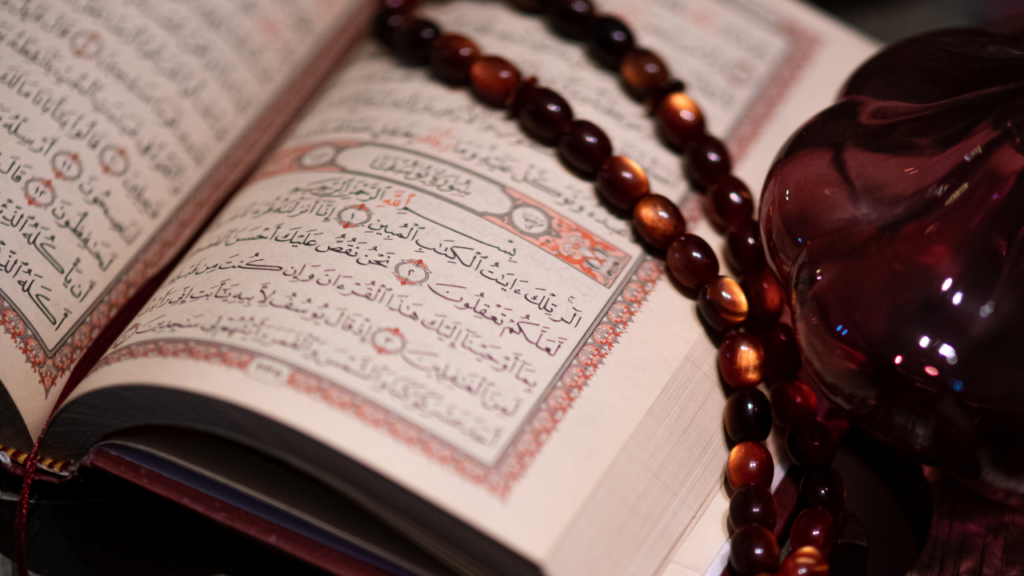
FAQs
What is the Holy Quran?
The Holy Quran, often referred to simply as the Quran, is the sacred text of Islam. Muslims believe it to be the literal word of God as revealed to the Prophet Muhammad.
Who is the author of the Quran?
Muslims believe that God (Allah in Arabic) is the author of the Quran, and it was revealed to the Prophet Muhammad through the angel Gabriel.
How is the Quran structured?
The Quran is divided into 114 chapters called “surahs,” which vary in length. Each surah is further divided into verses known as “ayahs.”
What language is the Quran originally written in?
The Quran was revealed in classical Arabic and is preserved in its original language. While translations exist in various languages, the Arabic version is considered the most authentic.
What are the main themes of the Quran?
The Quran covers a wide range of themes, including theology, morality, guidance for personal conduct, social justice, and governance. It also addresses theological questions about God, the purpose of life, and the afterlife.
How is the Quran used in Islamic worship?
Muslims recite verses from the Quran in their daily prayers (Salah). During the holy month of Ramadan, it is customary to read or recite the entire Quran. It is also recited during special religious ceremonies and gatherings.
Are there any specific rules for handling the Quran?
Yes, there are rules of respect and cleanliness associated with the Quran. Muslims are expected to be in a state of ritual purity when handling the Quran, and it should be kept in a clean and dignified place.
Can anyone read the Quran, or is it reserved for scholars and religious leaders?
The Quran is accessible to all Muslims, and it is encouraged for individuals to read and study it to deepen their understanding of Islam. While scholars and religious leaders may have a deeper understanding of its interpretation, anyone can engage with its text.
Are there different interpretations of the Quran?
Yes, there are various interpretations (Tafsir) of the Quran, given its depth and complexity. Different scholars and schools of thought offer their insights and perspectives on its meaning and application.
Is memorization of the Quran common among Muslims?
Yes, memorization of the Quran is a significant tradition in Islam. Those who commit the entire Quran to memory are known as “Hafiz” or “Hafiza.” This practice has been cherished for centuries and helps preserve the Quranic text in its original language.
